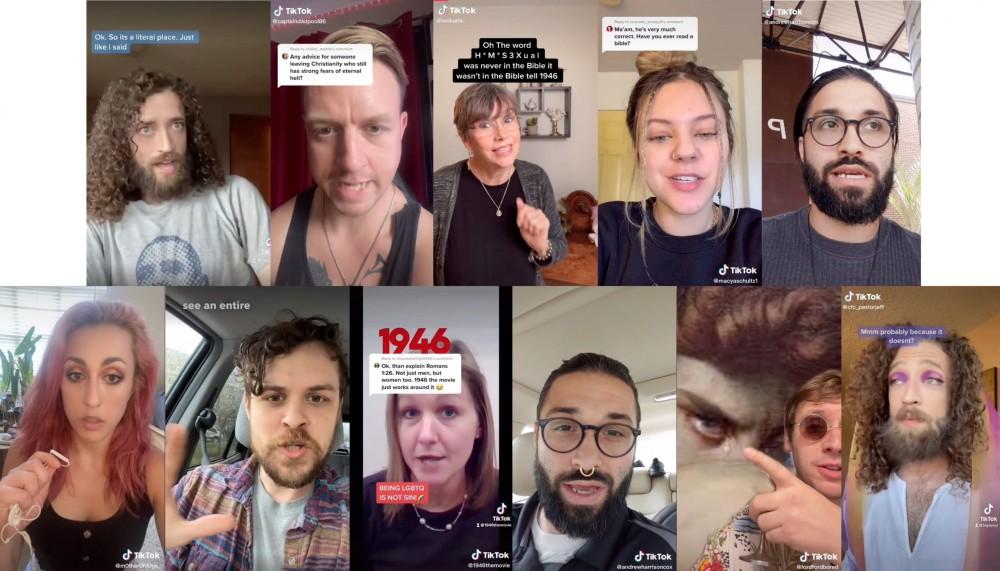Three of the most mistranslated words in the Bible—according to TikTok

Popular activities for this summer include visiting heavily populated beaches, hanging out indoors with crowds of more than 50, and debating translations of New Testament Greek on the internet.
On TikTok, more than 55 million users have viewed the hashtag #deconstruction—a buzzword chiefly among evangelicals and former evangelicals who are reanalyzing the traditional faith they grew up in. And now a dynamic subsection of creators is using the platform to debunk what they see as dangerous misinterpretations of biblical texts.
Some of the deconstructionists of TikTok are progressive Christian pastors with theology degrees. Others have studied their way out of the churches they grew up in and are now religiously unaffiliated. Still others are sharing scraps of knowledge they have picked up on the internet. But whether atheist, Christian, or somewhere in between, this corner of biblical TikTok is united over a shared nerdy obsession with getting words right.




